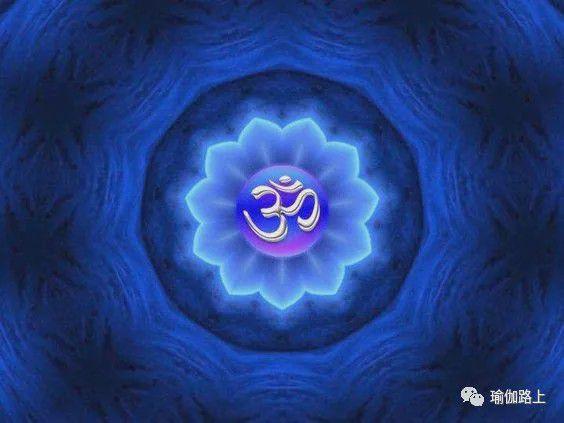
Om Mantra Meaning in Hindi: A Deep Dive into Its Significance and Symbolism
The Om mantra, a sacred sound in Hinduism, Buddhism, and Jainism, holds immense significance and is considered to be the universal sound of creation. In this article, we will explore the meaning of Om in Hindi, its various interpretations, and its profound impact on spiritual practices.
What is Om?
Om, also known as Aum, is a three-syllable sound that is believed to be the primordial sound from which all other sounds arise. It is often chanted as a mantra, a sacred word or phrase, to invoke divine energy and achieve spiritual enlightenment.

Meaning of Om in Hindi
In Hindi, Om is known as “啶撪ぎ” (Aum). The word “啶撪ぎ” (Aum) itself is a combination of three letters: “啶匼” (A), “啷俓” (U), and “啶甛” (M). Each letter represents a different aspect of the universe and has its own unique meaning:
| Letter | Meaning |
|---|---|
| 啶?(A) | Creation |
| 啷?(U) | Preservation |
| 啶?(M) | Destruction |
Together, these three letters represent the cycle of creation, preservation, and destruction, which is the essence of the universe.
Symbolism of Om
Om is not only a sound but also a symbol that represents various aspects of the universe and spiritual practices. Here are some of the key symbols associated with Om:
- Universal Sound: Om is considered to be the universal sound of creation, representing the infinite and eternal nature of the universe.
- Divine Presence: Om is believed to be the presence of the divine in all forms and is often chanted to invoke the divine energy.
- Source of All Sounds: Om is considered to be the source of all sounds, including the sounds of nature, animals, and human speech.
- Balance of Energies: Om is believed to balance the three energies of the body: prana (vital energy), apana (exhalation), and udana (inhalation).
Om in Hinduism
In Hinduism, Om is considered to be the most sacred sound and is often chanted during rituals, meditations, and prayers. It is believed that chanting Om can bring peace, tranquility, and spiritual enlightenment.

Om is also found in many Hindu texts, including the Vedas, the oldest sacred texts of Hinduism. It is considered to be the essence of the Vedas and is often chanted at the beginning and end of Vedic rituals.
Om in Buddhism
In Buddhism, Om is considered to be a sacred sound that represents the Buddha’s teachings and the path to enlightenment. It is often chanted during meditation and prayer to invoke the divine energy and achieve spiritual growth.
Om in Jainism
In Jainism, Om is considered to be the sacred sound of the universe and is often chanted during rituals and meditations. It is believed that chanting Om can help in achieving spiritual liberation and enlightenment.
Conclusion
The Om mantra, with its deep and profound meaning in Hindi, represents the universal sound of creation and the divine presence in all forms. Whether chanted in Hinduism, Buddhism, or Jainism, Om holds immense significance and is considered to be a powerful tool for spiritual growth and enlightenment.





